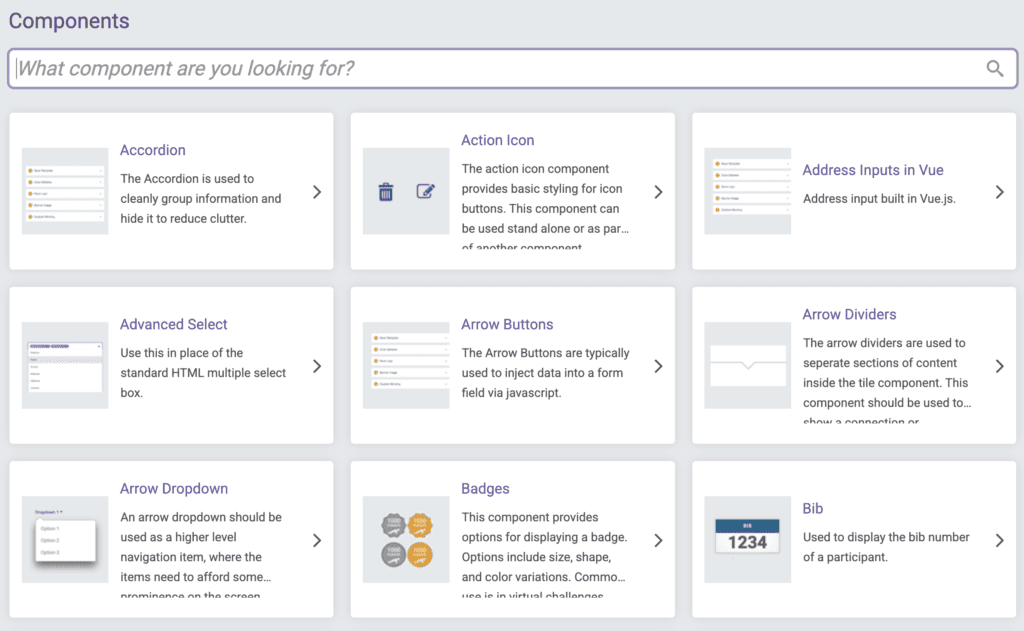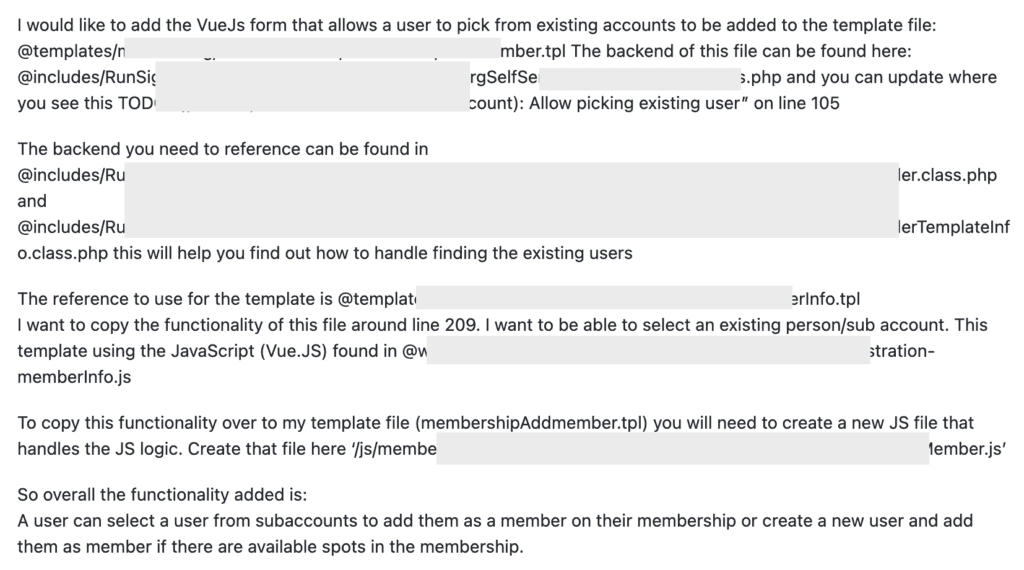AI based software development tools have made a couple of very large advances in the past 6 months or so. They are so dramatic, that Salesforce CEO announced in a recent earnings call that they are seeing a 30% increase in productity and do not plan on hiring new engineers this year:
“It’s pretty awesome. And we’re not going to hire any new engineers this year. We’re seeing 30 percent productivity increase on engineering, and we’re going to really continue to ride that up.” – Marc Benioff, Salesforce CEO
Shan Appajodu wrote a blog in the fall of 2024 that details how Salesforce is using their own AI tools. What is amazing is how fast the AI models have improved since then, and how they are now widely available.
Recent AI Advances in Software Development
Code base and Rules Based Models – The new AI based software tools start with the whole LLM knowledge set they have consumed – all of the open source code in the world as well as all of the documentation, coding books, blogs, Stack Overflow types of sites, etc. But now they make it easy to combine that in a private, secure manner with a company’s own codebase. They also allow for including additional context like any coding standards, test suites, internal documentation, etc. that a company might have. In addition, as new code is written, the AI tools are picking that up as well to expand their learning model.
Context Aware Auto-Completion – Code editors have always had auto-completion to complete a function name for example. However the new AI tools are now context aware and can suggest autocomplete of dozens of lines of code. The AI tools know the files and functions that are being referenced in the code segment that is being worked on. This is a pretty big leap and can improve productivity by a few % points. but is typically not a double digit gain in productivity.
Prompt the AI to Write the Code – This is where the AI based developer tools have advanced the most and provide the biggest productivity improvement. It is a totally new way to do software development.
AI Development at RunSignup
We are using a tool that we have trained with our code, our documentation and coding standards, as well as things like our Design System. (Note, this is different than the v0.dev tool we have written about for our customers to use with our API as it allows us to use our own code base and much more advanced infrastructure and deployment processes)
We are a more advanced software development organization with a LOT of documentation and content to establish good rules for the AI tools. As an example our design system is something we have built up over the years and refined. It allows all the developers to use common UX components like a list, button, etc. This has helped improve consistency, and has saved a lot of time when developing new features and pages. Here is a screenshot of some of the components. Each one has code and a number of options behind it:

The new AI tools we are using have been trained on our design system. So one of our UX developers, Jeff Kiesel, working on a new dashboard page can take a screenshot from their graphical design system, Figma, and just load it into our AI tool. The AI tool then generates all the code using the existing design system components. It does not get it all correct, so there is still need for human knowledge and fine tuning. But it reduced a full day project to a half day project.
Another nice example was a new feature in our Membership system that Matt Brady estimated would take a week. Using our AI tool, he was able to put the feature into pull request for code review in a single day. Here is an example of his prompt to start this project off – obviously the developer has to be both smart and understand the system they are working with. The various gray boxes are specific files that Matt gave the AI tool to use to model the new feature after.

Of course, there are many examples where the AI tool does not write good code at all. But even in those situations, the AI tool winds up being an idea instigator and AI based pair programmer.
We are a bit more conservative that Marc Benioff, but do believe that our development productivity will increase about 20% in 2025. We’re really excited to see how AI is helping us deliver better, more innovative software for our customers..
